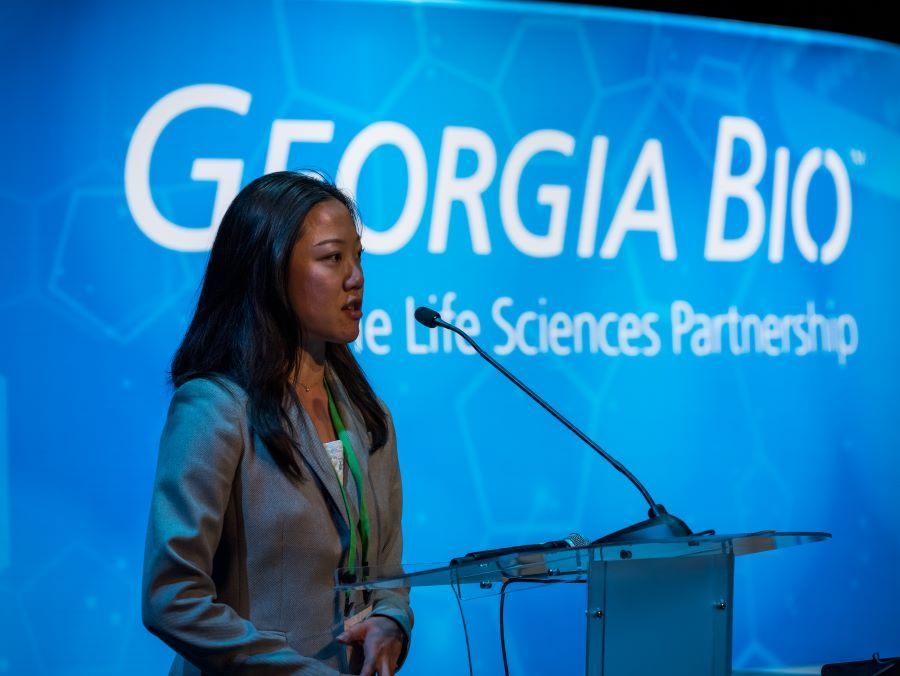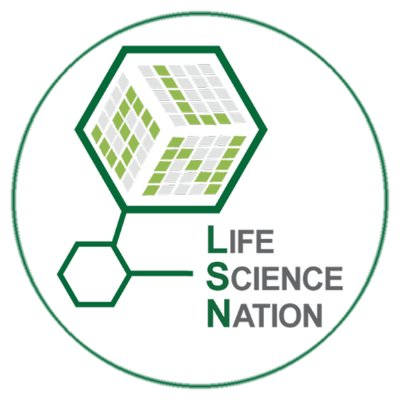Life Science Nation bringing a medtech investor event to Atlanta in early 2024

In September, Life Science Nation announced “RESI South’ in partnership with a newly formed coalition of life science associations representing Alabama, Florida, Georgia, North Carolina, South Carolina, Tennessee, and Virginia. The conference will come to Atlanta, GA, in [early] 2024. RESI South is expected to draw a crowd of over 500 bioscience and medtech entrepreneurs and 500 premier investors, family offices, and key executives worldwide.
“Dennis Ford, CEO of Life Science Nation [stated], ‘I have seen firsthand the incredible opportunities abounding in the Southeast U.S. with a plethora of colleges, universities, and hospitals, fostering life science research and development. This is combined with an amazing array of incubators, accelerators, regional and governmental entrepreneurial programs, and world-class Bio Clusters supporting startups across all phases of development. LSN’s global partnering network wants to tap into these seven states’ technological and innovative firepower.’”
LSN’s Erica Ku told us to stay tuned for the date, still anticipated to be in late March or early April.
—

UPDATE : RESI South is confirmed for Monday, March 25th at The Whitley in Atlanta, GA.



